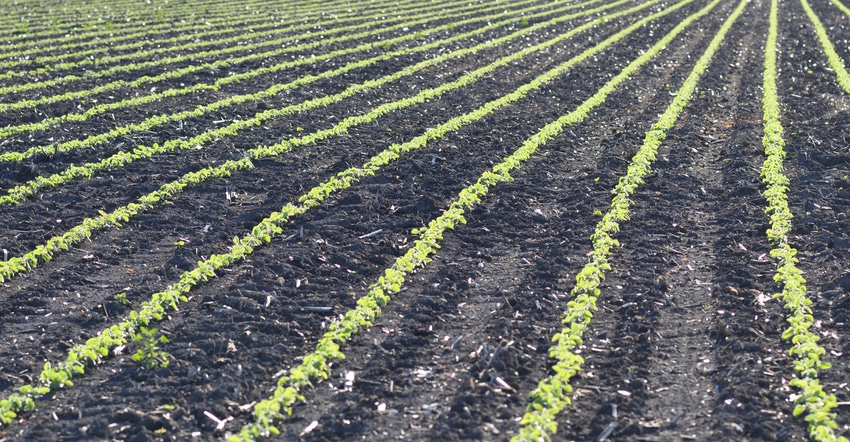November 6, 2018

By Ross Albert
As a farm manager, I know landowners are becoming more removed from their farms, but why is that?
It’s a question that’s only recently occurred to me, thanks to some conversations.
Those conversations have led me to understand that very often, farmers feel like landowners just want the financial gain from the farm and not much more. Meanwhile, landowners can get the impression that the tenant wants to rent the farm and not be bothered by the landowner.
The upshot? I’ve seen this common misconception drive landowners away from a relationship with their farm and their tenant. It’s true that some relationships focus simply on economic return, but leading with that assumption can be a very poor approach.
In my experience, there are three things that can prevent those “absentee” misconceptions from taking root:
1. Communication. Like any other relationship, communication is very important in a successful landowner-tenant relationship. Don’t go overboard and call your landowner or tenant every day, but make sure you understand what each other expects.
As a farmer, I would take the lead on this and ask to meet at least annually with your landowners to make sure their goals and expectations are being met, and to find out how those goals and expectations might be changing.
One sure way to hurt the relationship? Make a decision on the farm without the other’s input. For example, don’t tear out trees on a farm that you think are insignificant, because the landowner may have an attachment to them. A simple phone call can protect your relationship. Make sure the landowners feel welcome to their farm; encourage farm visits and tours.
2. Respect ownership. Remember, it is not your farm unless your name is on the deed. I have seen situations were a family has been on a farm for generations, and over time they begin to feel like they own it. But they don’t.
As a tenant, you are entrusted by the owner to operate the farm on his or her behalf. The relationship must be mutually beneficial. Be diligent to make sure that not only your goals are being met, but the owners’ goals, as well. This ties back into the communication part, where you encourage input from your landowners even if they don’t voluntarily offer it.
3. Respect those who do the work. This is directed to both landowners and managers. It can be easy to create a long list of “I wants” from the desk chair, but those who actually do the work must be considered. Landowners need to make sure they aren’t making decisions without the tenant’s input. In many situations, the tenant knows the farm as well as or better than the landowner, and has a very large stake in its performance. Operators can be the landowner’s best source for ideas and ways to maximize a farm. Landowners need to welcome the tenant’s thoughts and ideas on the farm, as it’s likely they can both benefit.
In summary, I encourage both farmers and landowners to take a step back and evaluate whether they truly understand each other. Knowing each other’s goals, approach and personality goes a long way to maintaining a successful long-term relationship. Never assume you know what the other party wants — instead, seek to understand.
Albert is a farm manager with Soy Capital Ag Services, Bloomington, Ill. He is a member of the Illinois Society of Professional Farm Managers and Rural Appraisers, whose members regularly contribute to this column. Email farm management questions to Carroll Merry at [email protected].
You May Also Like




